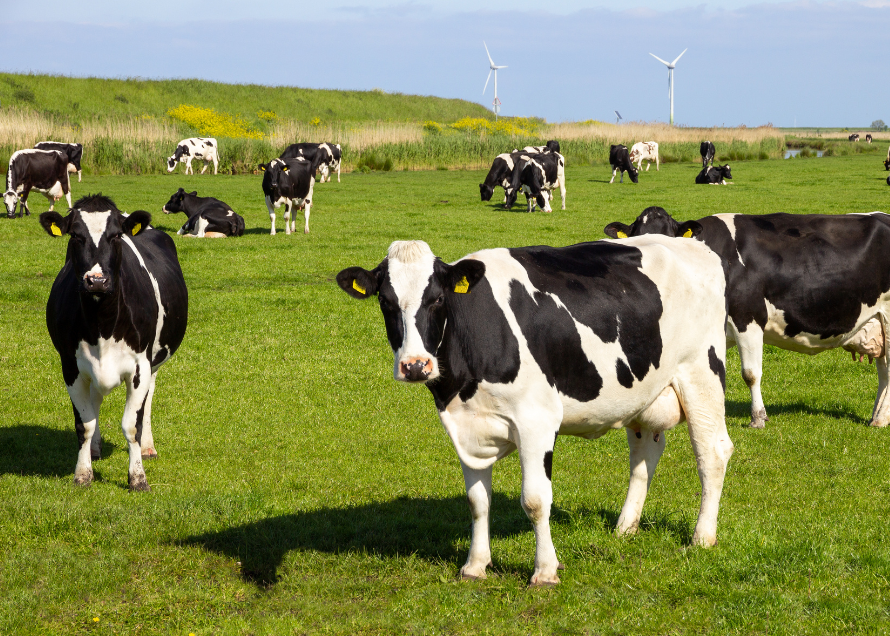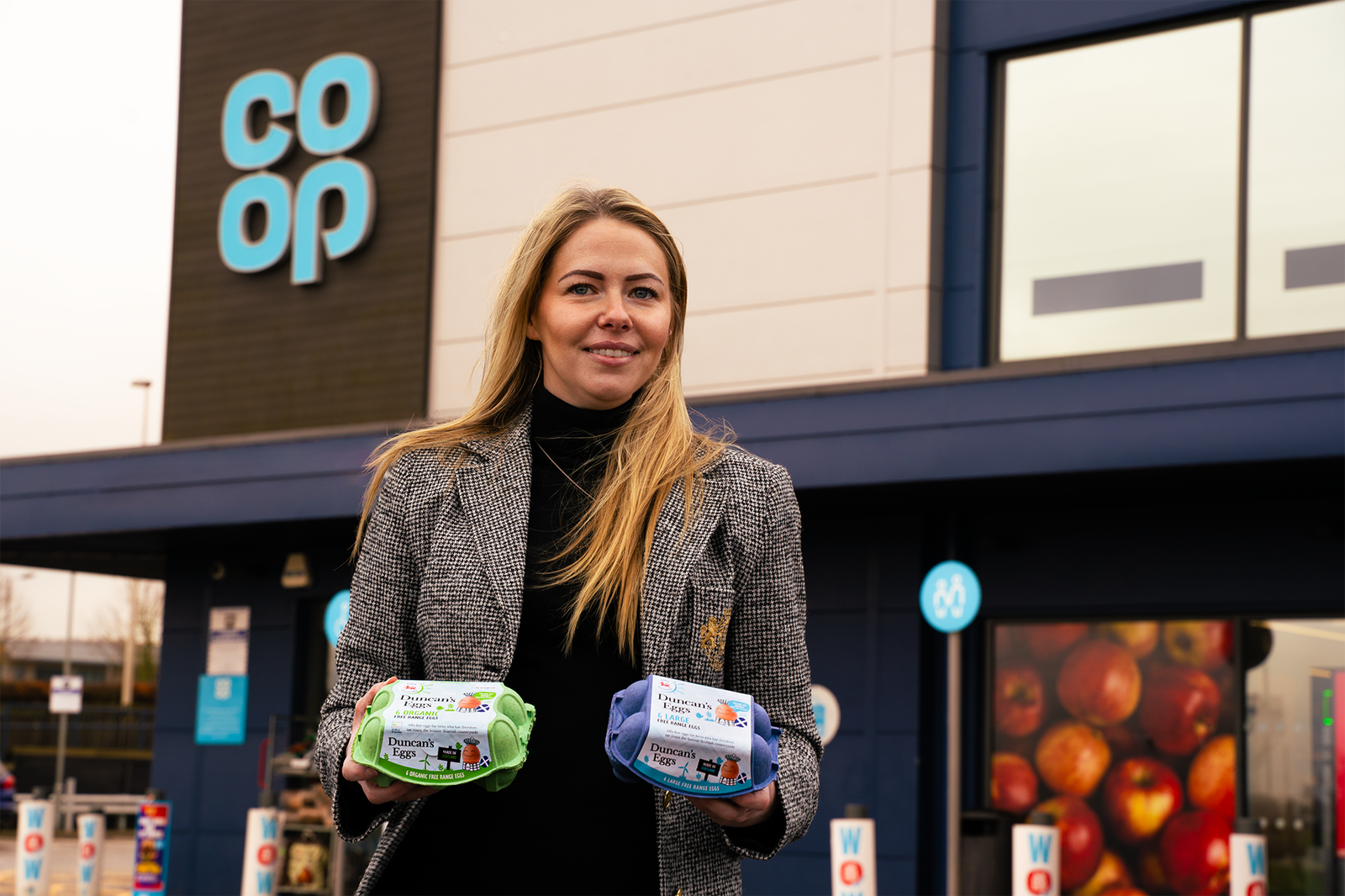Pre-packed roll sales increase 42% on the same six months last year
McGhee’s, the fourth-generation family-owned bakery, has seen its brand surge in popularity as the business expands beyond its west of Scotland heartland and becomes a household name across the country, according to a widely respected industry report.
The Glasgow-based baker was a new entrant to the ‘most chosen’ category in the Worldpanel by Numerator’s 2025 Scotland Brand Footprint rankings, placing second behind national favourite Irn Bru. The report reveals the ranking of shoppers’ most chosen food and drink brands over the past year, with Graham’s, Tunnock’s, and Bells making up the top five Scottish brands.
The consumer research places McGhee’s at 13th overall among all fast-moving consumer goods (FMCG) brands in Scotland, highlighting its continued prominence and popularity in households across the nation. Among bakery brands, McGhee’s ranks third most chosen in Scotland, behind industry giants Warburtons and Hovis.
With a brand penetration of 50.8%, shoppers are buying McGhee’s products an average of nearly 11 times per year. The Worldpanel by Numerator report highlighted strong sales of soft white rolls and potato scones among the products driving that growth.
In recent years continued investment in plant, equipment, and site expansion has enabled McGhee’s to significantly increase production capacity, helping sales of its signature rolls to triple in volume. In the last six months, pre-packed roll sales have grown 42% on last year and the launch of a new sourdough roll for more health-conscious consumers has also contributed to that success.
McGhee’s supplies a significant share of Scotland’s bread rolls – around half are sold through supermarket retailers and independent convenience stores. Alongside its famous rolls, customer favourites such as empire biscuits, caramel shortcake, assorted tarts, as well as pineapple and raspberry tarts, also continue to see strong demand.
The figures arrive as McGhee’s embarks on an ambitious brand refresh ahead of the bakery’s 90th anniversary next year, drawing on its heritage, reliability, and pride in feeding Scotland for generations. The business said it hoped this would drive further growth, which would be reflected in next year’s report.
Aisling McGhee, commercial director at McGhee’s, said: “We are incredibly proud of our Scottish roots and the role we have played in helping to feed Scotland for four generations. Being included among the most popular Scottish brands – and among the top 20 brands across all categories – is an incredible achievement and testament to the strategy we have put in place in recent years. We are extremely proud of the team who have played such an important role in making this happen, and we have more to come – both in Scotland and beyond – built on the significant investments we have made in the business and the fresh new brand we are rolling out ahead of our anniversary in 2026.”
You Might Also Like:
Lesley Ann Gray, Strategic Insight Director at Worldpanel by Numerator, commented: “For brands, the chances of finding a place in household cupboards and fridges around the world are as uncertain as a coin toss, with inflation and geopolitical pressures heavily influencing how people shop and which products they choose. That does not mean, however, that growth is purely down to chance. Even so, brands should anticipate that next year the odds of growth will decline from an even split (50:50) to something more like 45:55, which means they will need to work even harder to achieve success.”
Worldpanel by Numerator’s Brand Footprint ranking reveals how consumers around the world are buying FMCG brands today, highlighting the opportunities that remain for brands to improve their position. The metric used in the study, known as Consumer Reach Points (CRP), takes into account a brand’s penetration and frequency, as well as the number of households in the country. CRPs provide the most comprehensive measurement available of how often a brand is selected from retailers’ shelves. The data in this report covers the 52-week period ending in October 2024.



















